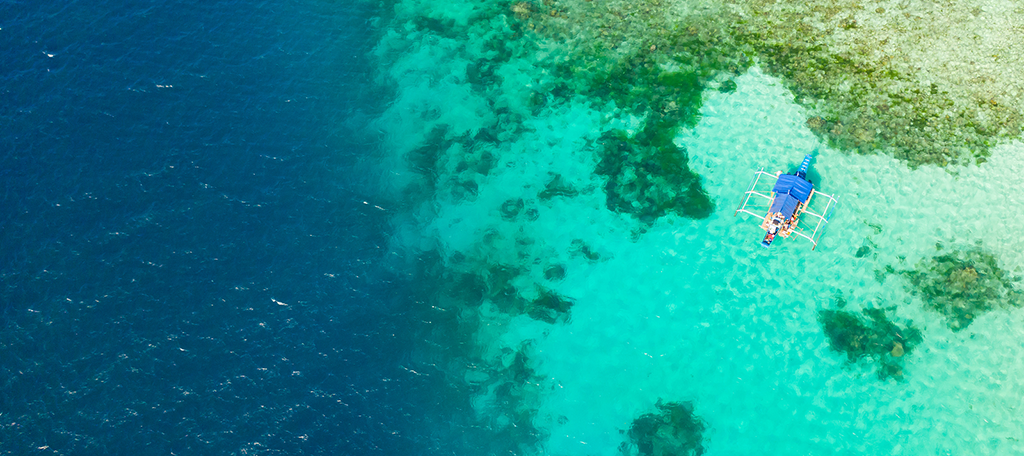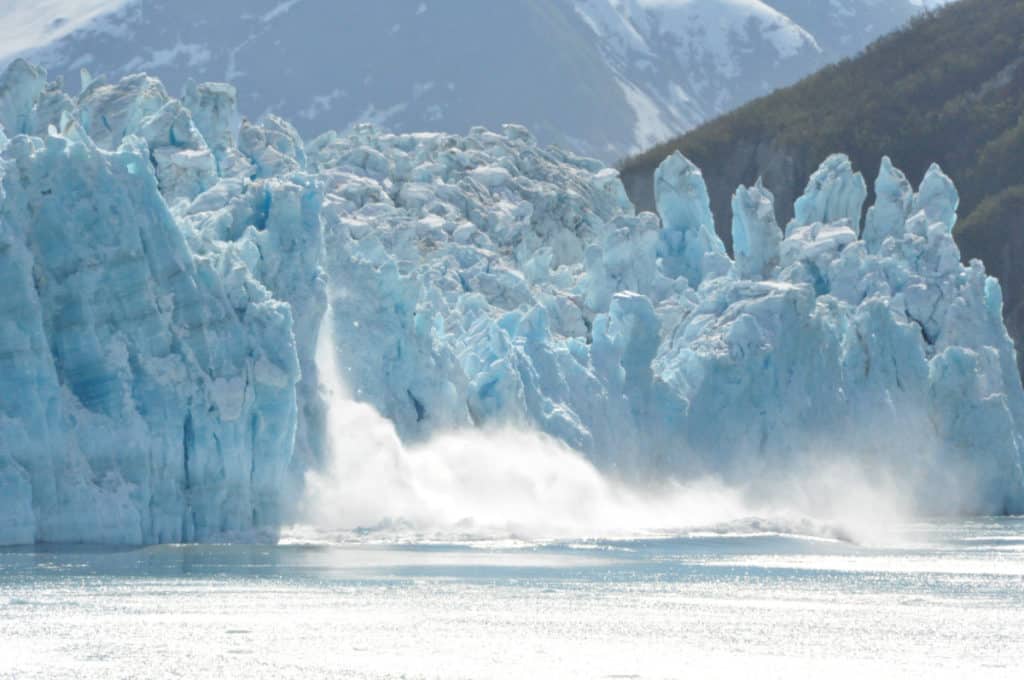The Florida Aquarium in Tampa has made another revolutionary breakthrough that can save America’s Barrier Reef from extinction. This time, the scientists were able to get Rigid Cactus Coral to successfully reproduce for the first time in the world under human care.
This will allow the aquarium to house and repopulate the population.
The American Barrier Reef was hit hard in 2014 by disease and has not recovered. The only hope to save these coral species is to get them to repopulate in a safe environment until the disease passes.
However, for a long time, this has never been achieved. That is until last year when the Florida Aquarium was able to successfully reproduce Atlantic Coral in a lab environment.
And when combined with their latest breakthrough, the future of the barrier reef is looking less grim.
Project Coral
The Florida Aquarium is part of the Project Coral initiative. It was set up to try and prevent the extinction of the world’s coral reef population. And, unfortunately, it is very likely that coral reefs around the world will go extinct as a result of climate change and disease in the next 20 years.
Since they play such a key role in both the protection of coastlines and many economies, their disappearance would be devastating.
The problem is that before this initiative began, scientists were never successful at getting coral to reproduce in a lab environment. However, since it has begun, the Florida Aquarium has been able to get two different species of coral to reproduce.
We Need to Save Coral Reefs

Coral reefs play a very important role in their habitat. In fact, for many fish species, you could say the coral reefs are the habitat. They provide shelter and food for a variety of fish species that cannot live anywhere else.
And coral doesn’t just keep fish safe as over 500 million people around the world depend on them.
Did you know they have an estimated value of $3.4 billion dollars? This is because they protect the coastlines, act as a tourist attraction, attract fish for food, and much more. For instance, a healthy coral reef can absorb 97% of the wave impact and significantly reduce the effects of hurricanes.
Their disappearance would be truly devastating to the world.


